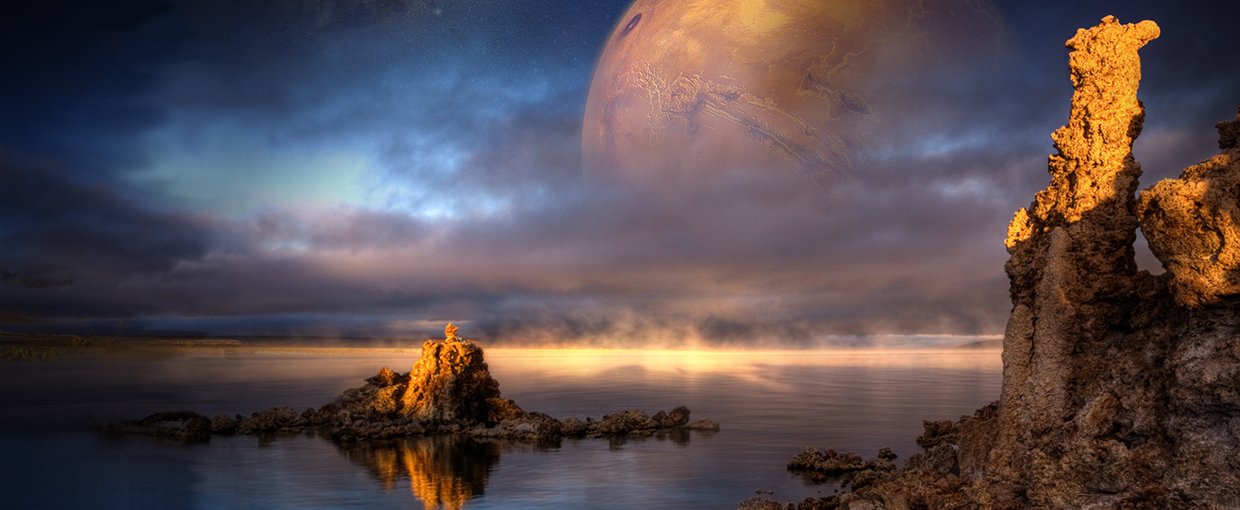Is there intelligent life in the Universe? And if so, just how common is it? Or perhaps the question should be, what are the odds that those engaged in the Search for Extraterrestrial Intelligence (SETI) will encounter it someday? For decades, scientists have hotly debated this topic, and no shortage of ink has been spilled on the subject. From the many papers and studies that have been written on the subject, two main camps have emerged: those who believe life is common in our galaxy (aka. SETI Optimists) and those who maintain that extraterrestrial intelligence is either rare or non-existent (SETI Pessimists).
In a recent paper, David Kipping (Prof. “Cool Worlds” himself) and Geraint Lewis examined this debate more closely and offered a fresh take based on a form of probability analysis known as Jayne’s Experiment. By applying this method to astrobiology and the Drake Equation, they concluded that the existence of intelligent life in our galaxy may be an “all or nothing” proposition. To quote the late and great scientist and science fiction author Arthur C. Clarke: “Two possibilities exist: either we are alone in the Universe, or we are not. Both are equally terrifying.”
hn

